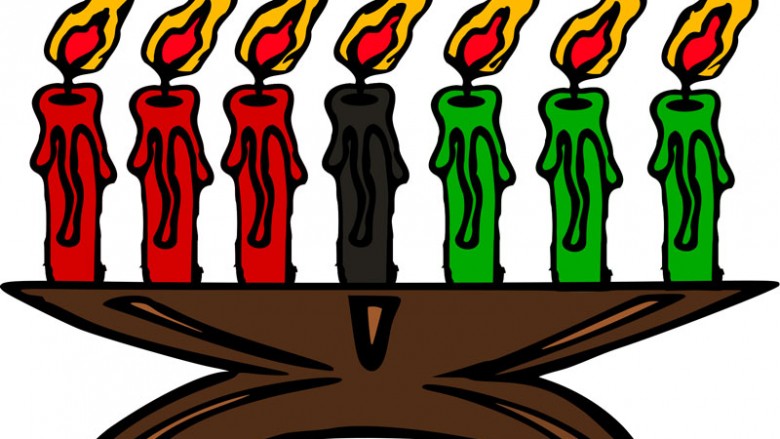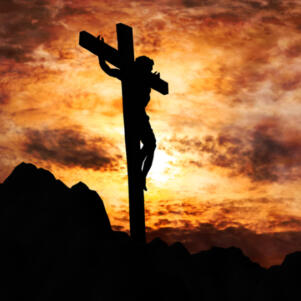Did you forget to celebrate Kwanzaa this year?
By Jonathan Alexandre | January 11, 2016, 6:15 EST
 (Courtesy of Wikimedia)
(Courtesy of Wikimedia) You may have blinked and missed it, but Kwanzaa came and went this year without much notice.
True, President Obama extended his warm wishes via Twitter to those celebrating the week-long celebration of “unity, self-determination, collective work and responsibility, cooperative economics, purpose, creativity, and faith.”
“Michelle and I extend our warmest wishes to families across the country celebrating Kwanzaa” —@POTUS: pic.twitter.com/g3FnFBfXoc
— The White House (@WhiteHouse) December 26, 2015
And Hillary Clinton briefly changed her twitter logo to an Afro-centric holiday candle.
But did anyone you know actually celebrate the holiday?
Is Kwanzaa relevant or is it dead?
I remember the first time I attended a Kwanzaa ceremony. I was senior in college and a member of the student diversity board at my school. The diversity board invited a professor of African American Studies from another university to walk us through the holiday. Entering the room on that December evening, I was immediately struck by the intentional ambience of the room. Lights were dimmed. The room was decorated in green, red, and black. Black candles were lit on every table. There was a delicious buffet in the corner – well worthy of a mention. We entered, chose our seats and waited for the ceremony to begin.
At the right time, the master of the ceremony asked us all to stand. He started by telling everyone who was born earlier than 1990 to remain standing. So I remained upright.
He went on to ask those born in the 80s, the 70s, and the 60s to sit down. Finally, there was one man left standing in the audience and we all deduced that he was the oldest. At that point the presenter asked that gentleman’s permission to begin the ceremony. He couched his question by saying that the Pan-African tradition has such a high regard for the elderly and the “ancient ones” among us that it is only right to have any ceremony begin by blessing the eldest member in our midst.
I was impressed by that sort of reverence. There was nothing in my previous experience that mirrored that degree of respect. Although many traditions and religions have regarded the elderly as an important part of society, I had never seen such admiration given to a person simply because of his or her age.
Kwanzaa has roots in the black nationalist movement in the United States. It was instituted at a time when tensions between black Americans and structured society were high. Since its inception in 1966, this holiday started by Maulana Kerenga as an alternative to Christmas that would not be affiliated with any religion, has served as a breakaway from traditional society and from mainstream cultural celebrations.
And yet, the symbols used celebrate Kwanzaa are not unique to its tradition. For example, the same crops used for Kwanzaa celebrations are featured in many harvest holidays. The candleholder and a specific number of candles finds its origin in the Jewish celebration of Hanukkah. And, among other things, there is a unity cup which has its origins in the practice of communion in the Christian religion. In essence, although Kwanzaa seeks to be a breakaway tradition, it actually appropriates elements of different mainstream faiths, reinterprets their original meanings, and labels the result a new holiday that exclusively celebrates the African American experience.
In recent years, Kwanzaa has lost popularity among African-Americans. According to a study by the National Retail Federation, less than 2 percent of American Blacks celebrated the holiday in 2006. The number is probably lower today. A few years ago, when someone wished Kanye West a “happy Kwanzaa,” the rapper and hip hop artist reportedly responded, “I don’t celebrate Kwanzaa. I celebrate regular Christmas.” And so do most Blacks. In fact, approximately 83 percent of African Americans are Christian and celebrate Christmas.
In the 1960s when many Black Americans still felt like outsiders, perhaps Kwanzaa made sense. But in an era when Blacks are part of the American mainstream, it’s no wonder that the only people still talking about it are craven politicians seeking to curry favor with our community.
Jonathan Alexandre is Legal Counsel to the Massachusetts Family Institute. Read his past columns here.











